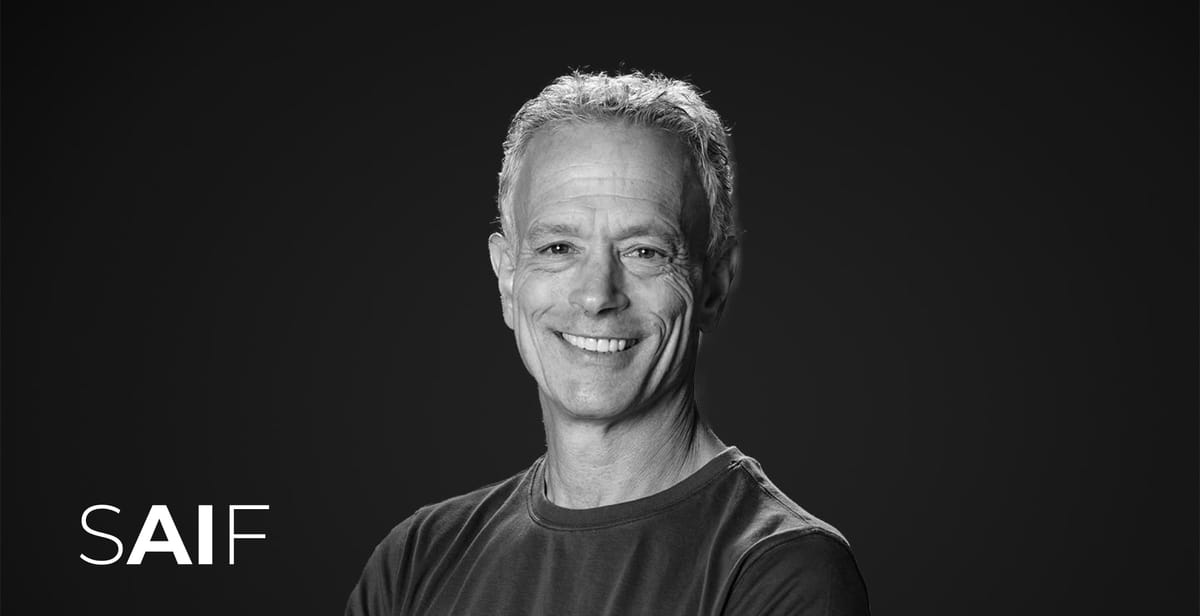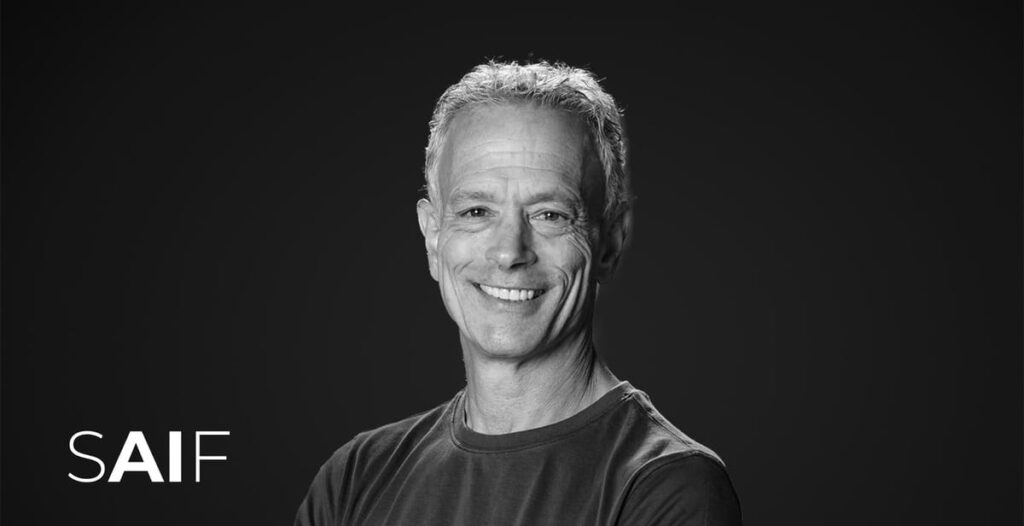
Former Y Combinator president Geoff Ralston is making a targeted bet on AI safety with the launch of a new venture fund focused exclusively on startups working to make AI more secure, transparent, and aligned with human values.
Key Points
- SAIF will provide $100,000 initial investments via a SAFE agreement
- Fund specifically targets startups enhancing AI safety, security, and responsible deployment
- Ralston will offer hands-on mentorship and YC application coaching to portfolio companies
The Safe Artificial Intelligence Fund (SAIF)—a name that doubles as a mission statement and a pun on its investment structure—will write $100,000 checks as simple agreements for future equity (SAFEs) with a $10 million cap. The fund will back early-stage companies developing tools to enhance AI safety, security, and responsible deployment.
In a space where nearly every venture firm is hunting for AI-powered startups, Ralston is carving out a more focused niche. SAIF’s investment thesis targets startups working on AI alignment and interpretability, security infrastructure to protect AI intellectual property, governance and compliance tools, and systems to combat AI-generated misinformation.
As AI capabilities rapidly advance and regulations struggle to keep pace, the market for safety-oriented solutions is growing. Ralston appears to be positioning SAIF to capitalize on both venture returns and societal benefit in a sector that desperately needs both.
“There is a lot of disagreement over our future with AI, although we can surely all agree we want to get there safely,” Ralston wrote in his announcement. “Yet somehow, ‘safe’ has become a loaded term in today’s AI discourse. That’s unfortunate because safe and secure software shouldn’t be controversial—it should be foundational.”
Ralston brings significant founder-friendly credentials to the table after more than a decade at Y Combinator, including three years as president before departing in 2022. SAIF is leveraging this experience by offering weekly office hours with Ralston himself, coaching on YC applications, and connections to his extensive network of investors.
This hands-on approach mirrors the mentorship model that made YC successful, suggesting Ralston is applying lessons from the accelerator playbook to his new fund. For early-stage founders working on AI safety, access to this type of guidance could prove as valuable as the capital itself.
While Ralston declined to disclose the size of the fund, its backers, or the number of startups he plans to invest in, the focus on getting companies into YC or securing seed funding suggests SAIF is positioning itself as a pre-accelerator stepping stone rather than a full-lifecycle backer.
For an industry racing toward increasingly powerful AI systems, Ralston’s fund represents a pragmatic middle ground between unrestrained acceleration and excessive caution. As he puts it, SAIF is “a bet on a future that is both accelerated and aligned—and on the founders brave enough to build it.”


